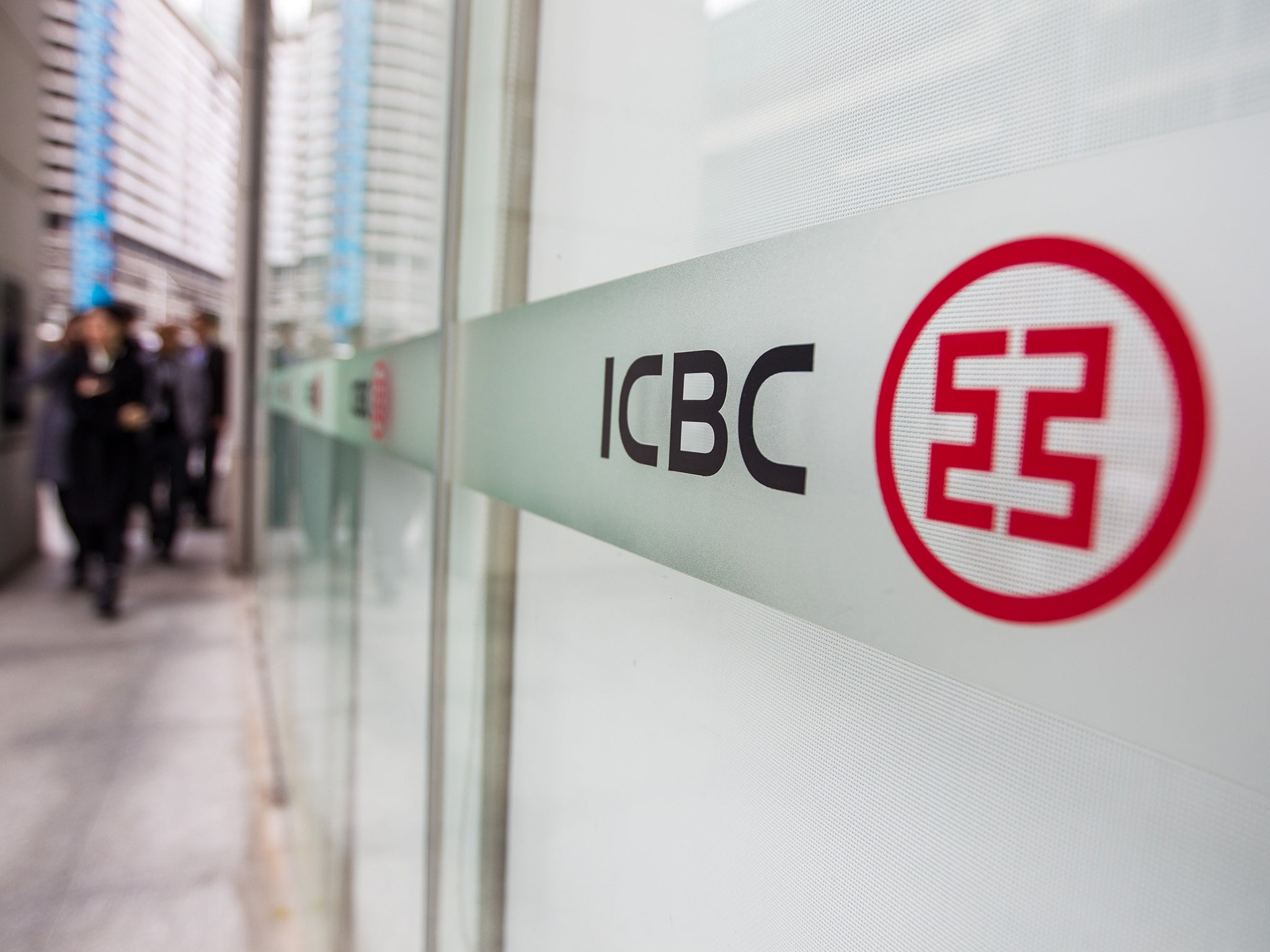ICBC Standard Bank Plc dodges corruption prosecution using new controversial 'plea deal' powers
ICBC Standard Bank Plc will pay nearly £22m after admitting it failed to prevent bribery by two bankers at sister firm

A London-based bank which failed to prevent its staff bribing Tanzanian government officials in return for a lucrative finance deal escaped prosecution in Britain’s first use of a controversial new “plea deal” powers, a court has heard.
ICBC Standard Bank Plc will pay nearly £22m after admitting it failed to prevent bribery by two bankers at its sister firm. The deal, sanctioned on 30 November by High Court judge Sir Brian Leveson, is the first time a deferred prosecution agreement (DPA), has been used in the UK. The deal sees the bank escape prosecution in return for a financial penalty and the promise it will improve its anti-crime rules and enforcement and not re-offend for three years.
The court heard two officials at a former sister company of the London bank paid $6m (£3.9m) to a Tanzanian firm Enterprise Growth Market Advisors (EGMA). The payment was linked to a deal by the bank to raise £400m for the Tanzanian government.
Despite the fact that EGMA was owned by two senior Tanzanian government officials (one of who was no longer working for the government at the time of the offence), “inadequate and ineffective” checks were carried out to ascertain the corruption risk.
Only when the $6m was withdrawn in cash over four days did the bank and its legal advisers reported the matter to the Serious Fraud Office (SFO) in April 2013. The SFO then authorised the bank to carry out its own investigation. Three members of bank staff resigned as a result.
The SFO later conducted its own interviews. Subsequently, David Green, the SFO director, determined the public interest would better met by a deferred prosecution agreement.
The deal, which has to be approved by a senior judge, sees the bank fined £11.1m, and made to surrender the £5.5m profit it made on the deal as well as repay £4.7m to the Tanzanian government. It must also pay the SFO’s £330,000 legal costs. The bank must also pay a $4.2m (£2.7m) to the US Securities and Exchange Commission for separate related conduct.
SFO boss David Green QC said: “This landmark DPA will serve as a template for future agreements. It also endorses our contention the DPA in this case was in the interests of justice and its terms fair, reasonable and proportionate.”
The court heard the bank were co-operative and frank throughout.
Concluding, Mr Justice Leveson said: “It is obviously in the interests of justice that the SFO has been able to investigate the circumstances in which a UK registered bank acquiesced in an arrangement (however unwittingly) which had many hallmarks of bribery on a large scale and which both could and should have been prevented.”
Susan Hawley, policy director of the campaign group Corruption Watch, said: “Tanzania will be paying back the debt from this corrupt deal for years to come and the real harm of corruption has not been represented in this DPA. It is highly questionable whether such egregious cases of corruption should be dealt with by a DPA.”
Maintaining standards: New owner’s statement
The new owner of the bank at the centre of the deferred prosecution agreement (DPA) plea deal has moved quickly to distance itself from the bribery scandal.
The Chinese bank ICBC acquired 60 per cent of the Standard Bank Plc in February this year (subsequently renaming it ICBC Standard Bank Plc), after the bribery took place. The bank is headquartered in London.
“The bank takes the risk of corruption very seriously,” a spokesman said. He stressed the SFO has not made any allegations that anyone within the bank knew what its employees intentions were.
Standard Bank must also cooperate fully with the SFO and will be subject to an independent review of its current procedures. The Tanzanian sister bank involved, Stanbic Tanzania, was not purchased by the new owners.
Bookmark popover
Removed from bookmarks